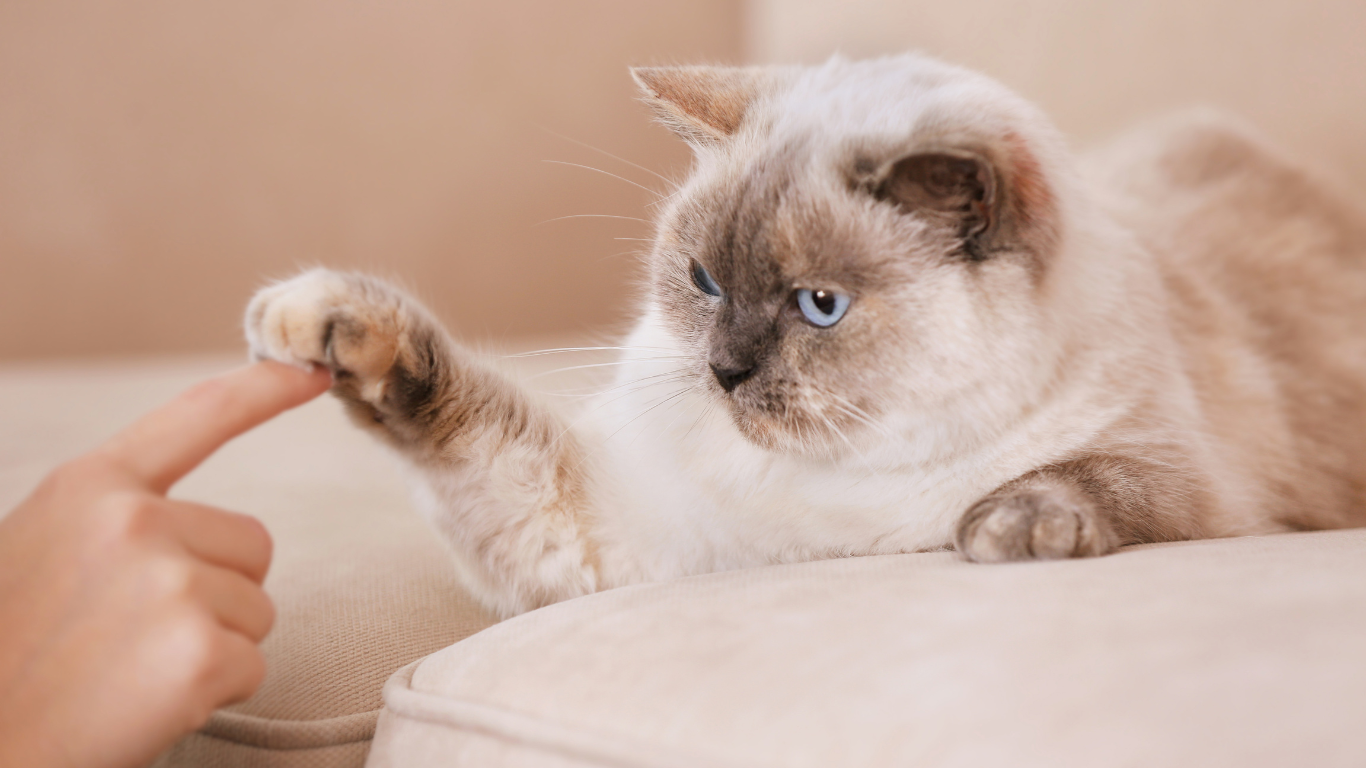
When a new cat comes into the house, you should first give it a certain amount of time (one to two weeks) to get used to it. In advance, it is advisable to find out about the behavior of cats and their peculiarities, to get a scratching post for “claw care” and toys (please make sure that the cat cannot swallow the toys) and to deal with species-appropriate kitten nutrition .
But what about vet visits with your tiger? When do you have to visit the practice?
At 12 weeks: the first vaccinations
The cat probably received its first vaccination from its original owner/breeder when it was eight weeks old, as well as the chip and possibly a pet ID card.
The second vaccination takes place at twelve weeks and is usually the first visit to the vet with your little roommate. It's best to buy a cat carrier bag/basket in good time and get her used to going in there beforehand by providing her with a cozy pad and Maybe a few cat snacks will make you familiar and comfortable. Vaccinations are usually against cat disease and cat flu and rabies.
Before the vaccination, the veterinarian will first ask you for a medical history. This involves the cat's attention, eating and drinking behavior, feces and urine, itching and other abnormalities. Then you can ask questions about your cat yourself. He or she will then carry out a general clinical examination of your cat.
This includes:
- control of the heart and circulatory system,
- Assessment of the color of the oral mucosa and the conjunctiva (fresh pink)
- Auscultation (listening) of the heart and lungs
- Pulse check (inside the thigh)
- Checking the teeth (tooth position)
- Checking the ears (ear mites)
- Control of eyes
- Check the lymph nodes
- Palpation of the abdomen
- Combing the fur (fleas or flea droppings, other parasites)
In this way, the veterinarian gets a good impression of the cat's health.
At 6 to 8 months: castration
The next visit to the vet will be at the age of six to eight months for the cat or tomcat to be castrated, which will then be done under anesthesia. To do this, your cat must be fasting, i.e. not have eaten anything for about eight hours beforehand.
The basic immunization of your cat is completed one year after the second vaccination with a renewed vaccination against cat disease and cat flu. At this point at the latest, the diet should be changed to adult food .
Revaccinations and routine examinations
Afterwards, revaccinations are usually given every three years, for which the cat is thoroughly examined in the veterinary practice.
Routine examinations should be carried out annually, regardless of the vaccination date, and more frequently if there are any abnormalities.
Examinations for the senior cat
From the age of around eight years at the latest, your cat should have a more detailed examination once a year because it is now a senior. Now the senior food is also used.
At this age, the occurrence of chronic renal failure in cats (CKD) as well as overactive thyroid (hyperthyroidism) and heart failure (hypertrophic cardiomyopathy HCM) increase, especially in purebred cats, which can lead to thrombosis formation in the further course.
After a further anamnesis, for example about drinking and eating behavior and to clarify kidney and thyroid problems, a blood sample should be taken in order to create a so-called geriatric profile in the laboratory. A urine test should also be performed. An ultrasound and possibly additional X-ray examinations can provide further findings on your cat's health. The sooner the diseases are diagnosed, the more the progression of the disease can be delayed.
To diagnose HCM, a cardiac ultrasound examination is required, ideally by a small animal cardiologist.
The last vet visit for your cat
Thanks to good medical, feeding and housing conditions, cats can now easily live to be 18 to 20 years old.
Unfortunately, they rarely do us a favor and die peacefully without the help of a veterinarian, so that the last visit to the vet is also the most difficult for owners and veterinarians when their beloved four-legged friend has to be put down.
By the way, we have the right food for seniors: Labsal , so that the needs of our older tigers are optimally met.











